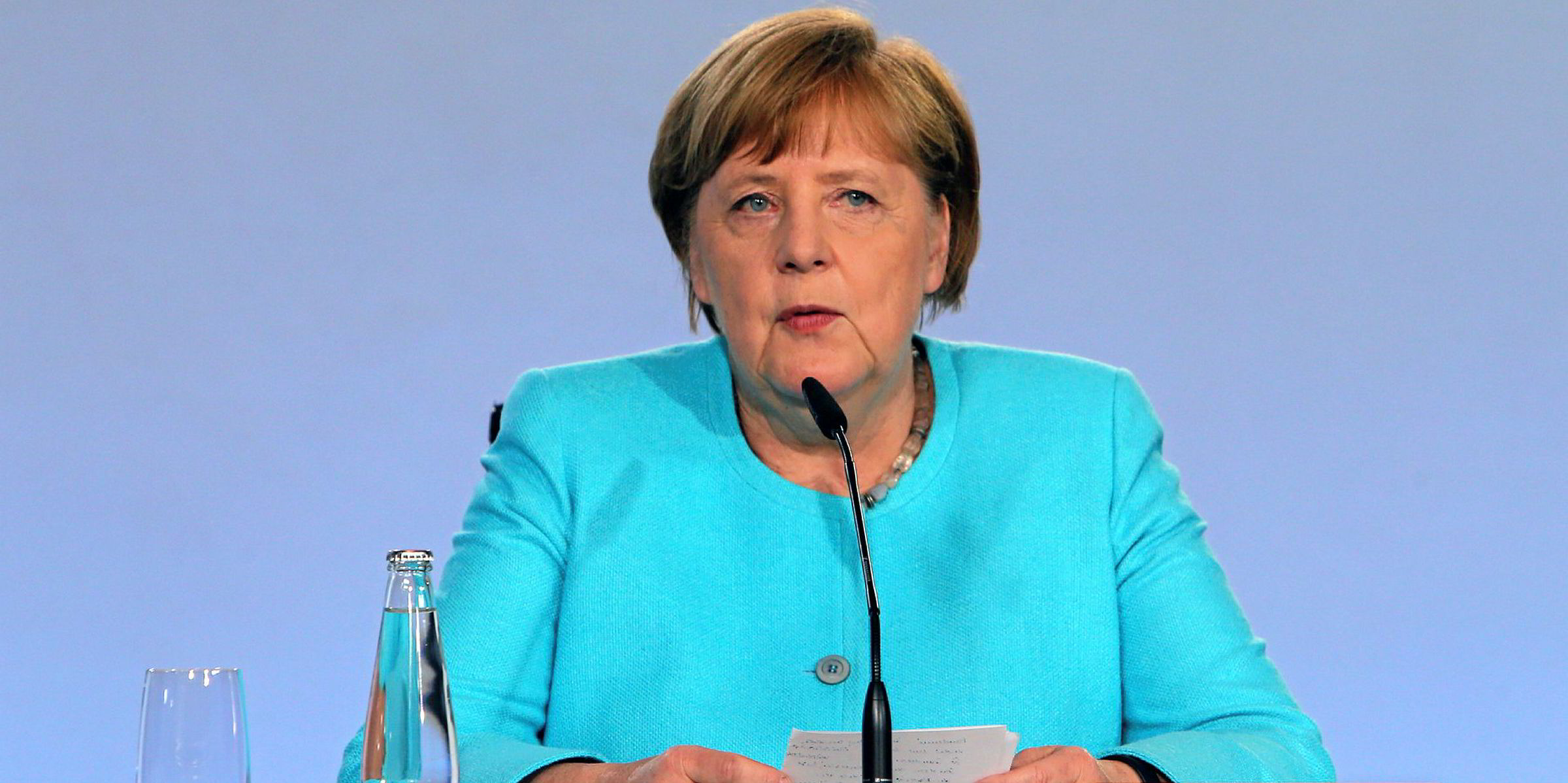Germany’s government this year plans to issue €8-12bn ($9.46-14.91bn) in novel green 'twin bonds' that have the same maturity and coupon as conventional federal securities, in a bid to help sustainable finance piggy-back on the nation's profile as a safe-haven.
Under the twin bond mechanism, investors will be able to swap green bonds with conventional German bonds (‘Bunds’) launched at the same time with a similar volume. The concept aims at making the niche green bond market more attractive. As the benchmark issuer for the euro area, the German government will offer different maturities and so establish a green yield curve.
Investments associated with the green twin bonds will, for example, foster renewable energies, promote clean transport systems and promote research towards a more sustainable future.
“From now on, the German government will issue green federal bonds every year. In this way, we are creating strong momentum towards a more robust sustainable finance market,” said Jörg Kukies, state secretary at the finance ministry.
“Our innovative 'twin bond' approach is designed to attract new investors and issuers to the green bond market and thus act as a catalyst, channelling more investments into a greener economy.”
German federal securities are considered among the safest in the world, with yields for some time now trading in negative territory, meaning investors actually have to pay for lending the German government money. The benchmark 10-year bond, for example, currently trades at a yield of below -0.5%.
The first Green Federal security will be a 10-year Green Federal bond. Its new issue is scheduled for September when it will become the green twin of the conventional 10-year Federal bond newly issued on 17 June 2020.
Berlin, which in the wake of the stimulus against the economic downturn triggered by the coronavirus pandemic is taking on unprecedented amounts of new debt, said the green bonds are making a significant contribution to international climate action and the conservation of global biodiversity.
“With its climate package, the German government has set the course towards huge investment in green and climate-friendly technologies. The finance industry can also contribute to reaching this objective,” said Rita Schwarzelühr-Sutter, parliamentary state secretary at the environment ministry.
“Green federal bonds create a clear incentive. In this way, we are showing how green and climate-friendly economic activities can be made transparent and predictable.”
German issuers such as development bank KfW, local authorities and private companies have already issued green bonds. The German government considers federal green securities the next logical step.
The government for the selection of green budget items is guided by established market standards, such as the UN Sustainable Development Goals and the Green Bond Principles of the International Capital Market Association (ICMA).
Green federal bonds create a clear incentive.
Green securities issued will always be assigned to expenditures in the preceding budget year. Germany’s finance agency has classified more than €12.7bn as green expenditure in transport, international cooperation, research; energy and industry; and in agriculture, forestry and natural landscapes.



